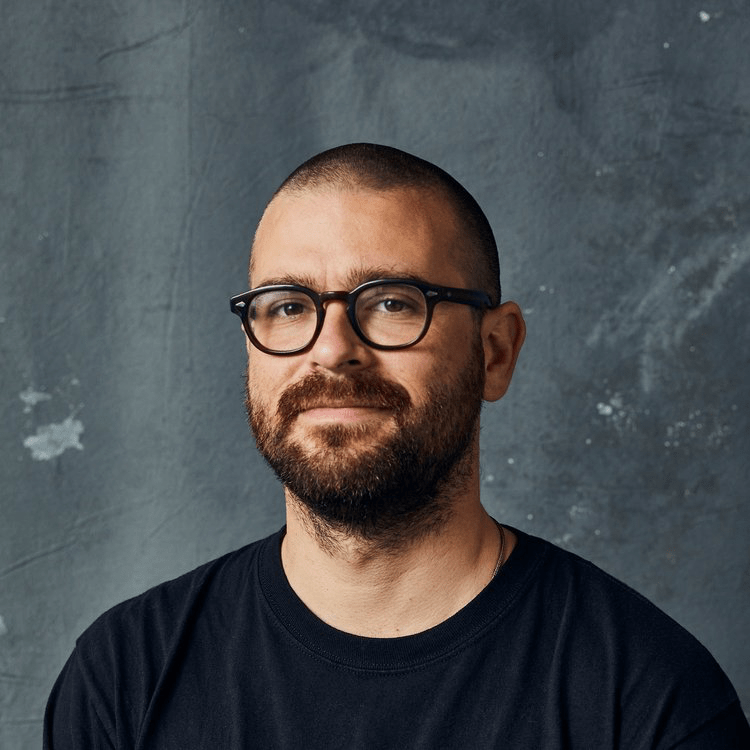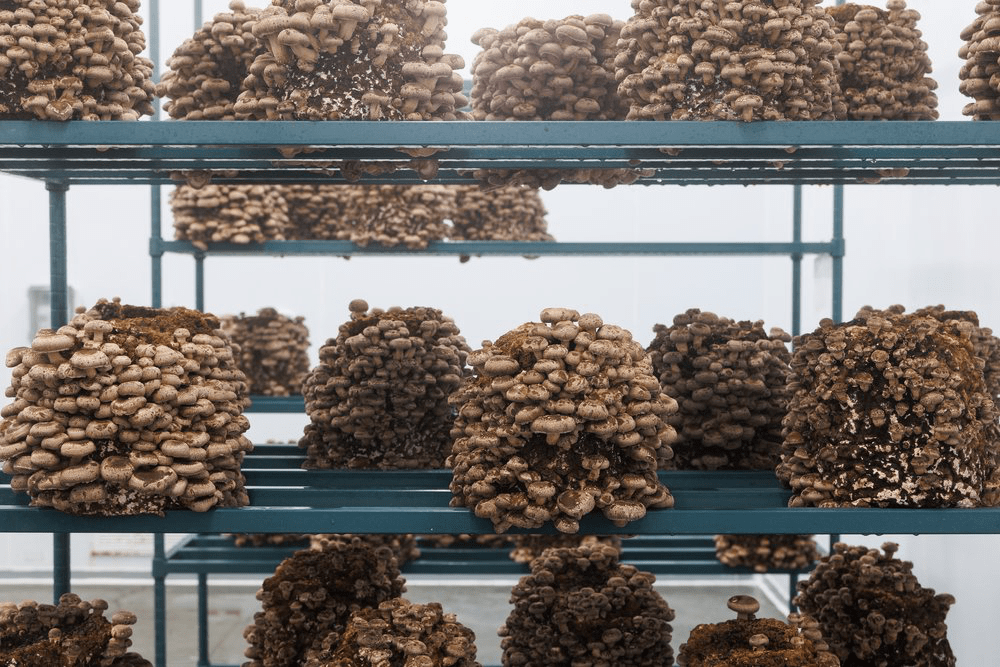Jun 30, 2022
Smallhold Expands: Meeting West Coast Demand & Accelerating Circularity
Agritecture (AGR) spoke with Andrew Carter (AC), Co-Founder & CEO of Smallhold, following the opening of their third mushroom farm. Now operating in Brooklyn, Austin, and the Los Angeles area, Smallhold has seen exponential growth since its founding in 2017. They employ over 100 people, and their specialty mushrooms are sold in over 410 retailers, both in-store and online.
The creation of this farm is due, in part, to their successful $25 million Series A round. As an industry leader, Agritecture regularly provides coverage on Smallhold’s innovative approach to business, including their eco-conscious packaging.
This interview has been edited for clarity and brevity purposes.

Andrew Carter (AC), Co-Founder & CEO of Smallhold; image courtesy of Smallhold
AGR: Why have you chosen Los Angeles as your next location?
AC: There are a few reasons. This is not the main reason, but I'm from Los Angeles, so I get excited about going to my homeland. But the market was ready for us. The whole mushroom industry has seen an immense increase in demand. COVID accelerated this, but the numbers showed that Los Angeles led the pack in the country in increased mushroom consumption. And the retailers were extremely excited about it.
AGR: What was different in setting up the Los Angeles farm versus your other locations?
AC: Each of our facilities is a new generation, and Los Angeles is our next generation [farm] - we've built larger chambers with completely different climate management systems. [It has] the next evolution of our control system, the FarmLINK system. There are screens everywhere, and everything is automated. It's a very special place. There's even more advanced food safety protocol than the other farms. Now, we're going back and updating the rest of the facilities, but LA is our most advanced yet.
AGR: What’s been the most challenging aspect of scaling a farming operation across the country?
AC: It's the fact that we're across the country, and every city is different. We have to deal with different departments - sometimes the health department is involved, sometimes the agriculture department is involved. Generally speaking, though, a lot of these parties are really excited to have us in their city.

Farm in Buda, Texas; image courtesy of Smallhold
AGR: Are there any lessons from this for the broader industry?
AC: We look at each region in a very special way, and I think that it's very important for people to treat each region with the detail and the care that it deserves. A lot of operations think that if they build facilities, and they market their products in the same way that it will resonate with certain communities. It's just absolutely not the case. The country is way too big. So, going and looking at a region and giving it the care to create its own kind of identity, its own marketing, its own kind of facility, its own approach to staffing, I think it's worth it. And it is scalable. It's very much worth people's effort to give care to each of the regions.
AGR: What’s been the most rewarding aspect of this growth?
AC: Seeing people eat our mushrooms. When we go and visit a grocery store and see someone buy our mushrooms and then ask them about it, people just seem very excited about it. And people get the story. They get why we're growing locally and get all of the things that we care about.
And seeing restaurants prepare our food is really exciting. I think, in general, the mushroom industry is just continuing to see growth. And so time will tell whether Smallhold is part of that or not. We're starting to think that we are helping push the trend forward a little bit, but all that just makes it more exciting for us to continue to grow.

Packaged Smallhold mushrooms in the Texas facility; image courtesy of Smallhold
AGR: What is the consumer response like to your mushrooms in Los Angeles, and how does this compare to your Brooklyn and Austin consumer bases?
AC: LA people in general are a little ahead, I think, from the rest of the country in that they are consuming a lot more healthier products, so they understand the language around local production. But people care about different things in each area. In LA, it’s mostly about nutrition, health, vegetarianism, and carbon footprint. In Texas, for example, people's concept of locality is a lot bigger than in Los Angeles. Texas is huge. When you're in New York, for example, 500 miles is really big, but when you're in Texas, 500 miles actually isn't that big of a difference. That is generally what a lot of the conversation is in Texas. In New York, there's always this food service element. It kind of exists with LA, but it's very present in New York. Restaurants really push trends, so that is way more of an aspect of our business that we focus on in New York than anywhere else.
AGR: Can you share more details about your mycoremediation field study with PhD candidate Danielle Stevenson and the City of Los Angeles? How did the partnership form, and what does this type of partnership tell us about the larger mission behind Smallhold’s work?
AC: We're doing this very large experiment with Danielle Stevenson and the City of Los Angeles. It's likely one of the biggest mycoremediation projects ever. The concept is that mycelium with both saprotrophic mushrooms, like what we grow, along with mycorrhizal mushrooms, that you can find in the wild, can help break down various oil issues, like hydrocarbons, and can also help uptake heavy metals.

Los Angeles Farm; image courtesy of Smallhold
There's certain areas of Los Angeles that have lead pollution and other kinds of materials, and they're trying to figure out how to clean that up without using tons of energy. There are a few people that have talked about the concept (like the Paul Stamets TED Talk), and Danielle's project is going out there to see if it's possible. They're bringing a lot of our substrate to do these tests. We'll likely see results next year, which then hopefully could be rolled out into a larger project in Los Angeles, and then eventually all over the world. [The study] includes brownfield sites and even one Superfund site. It's a big deal, and we’re really excited to be a part of it.
AGR: Is there anything else you want to share about this farm that we haven’t already asked?
AC: We want this [farm] to be kind of a community space, so, in time, we will be doing a lot more tours. We want to invite people in, which is uncommon, I think, in the indoor ag space. And I wish more people would do that - bring people in and show people what they're doing. People want their food to be local, but they also want to see where it's coming from. We're going to roll that out in Los Angeles, so people can stay tuned for that.



